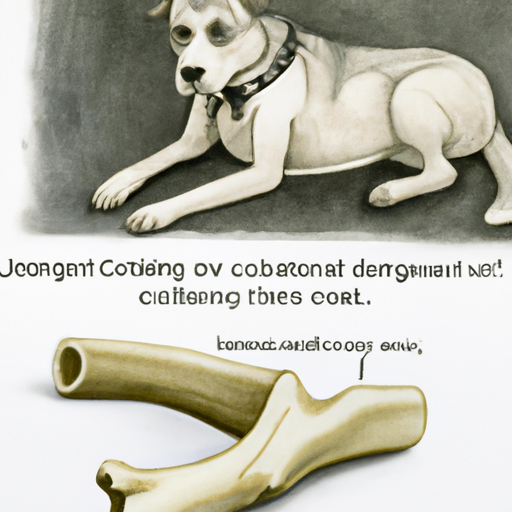If you’re a proud dog parent, understanding tracheal collapse and the potential dangers it can pose to your beloved pet is critical. Let’s delve into the subject and unravel the causes, symptoms, and prevention methods.
Understanding Tracheal Collapse
Tracheal collapse is a chronic and progressive disease in dogs affecting the trachea or windpipe. The trachea, a tube made of rings of cartilage, enables airflow from the nose and mouth to the lungs. When these rings weaken, they can collapse, restricting the airway and leading to coughing and other respiratory issues.
The Underlying Causes
Several factors can contribute to tracheal collapse. Here are the most common ones:
- Congenital Conditions: Some dogs are born with a genetic predisposition for weakened tracheal cartilage.
- Age and Breed: Small breeds like Yorkshire Terriers, Pomeranians, and Shih Tzus are more susceptible. Older dogs are also more at risk.
- Obesity: Excess weight can exert more pressure on the trachea, causing it to weaken over time.
- Environmental Factors: Exposure to smoke, dust, or extreme heat can aggravate the condition.
Recognizing the Symptoms
Early detection of tracheal collapse can greatly improve your pet’s condition. Look out for:
- A dry, hacking cough
- Difficulty breathing
- Reduced exercise tolerance
- Blue-tinged gums or tongue
Prevention and Treatment
Although tracheal collapse cannot be completely prevented, you can take steps to minimize risks and manage the condition:
- Maintain a Healthy Weight: Regular exercise and a balanced diet can prevent obesity, a major risk factor.
- Avoid Smoke and Dust Exposure: Clean, smoke-free environments can minimize irritation and inflammation.
- Use Harnesses Instead of Collars: This can reduce pressure on the neck and trachea.
When it comes to treatment, your vet will consider the severity of the condition, and may recommend medication, surgery, or a combination of both.
Understanding the Prognosis
The prognosis for tracheal collapse depends on several factors, including your pet’s overall health, the severity of the condition, and the treatment plan. With proper care and management, many dogs can live comfortable, fulfilling lives.
| Factors | Prognosis |
|---|---|
| Mild Condition | Good |
| Moderate Condition | Fair |
| Severe Condition | Poor |
FAQ
Q: Is tracheal collapse painful for my dog?
A: While it can cause discomfort and difficulty breathing, it’s not typically painful.
Q: Can tracheal collapse be cured?
A: There’s no cure for tracheal collapse, but it can be managed with medication, lifestyle changes, and potentially surgery.
Q: Are certain breeds more prone to tracheal collapse?
A: Yes, small breed dogs like Yorkshire Terriers, Pomeranians, and Shih Tzus are more susceptible.
Q: Can my dog live a normal life with tracheal collapse?
A: With the right treatment plan and care, many dogs can live comfortable, fulfilling lives despite having tracheal collapse.



